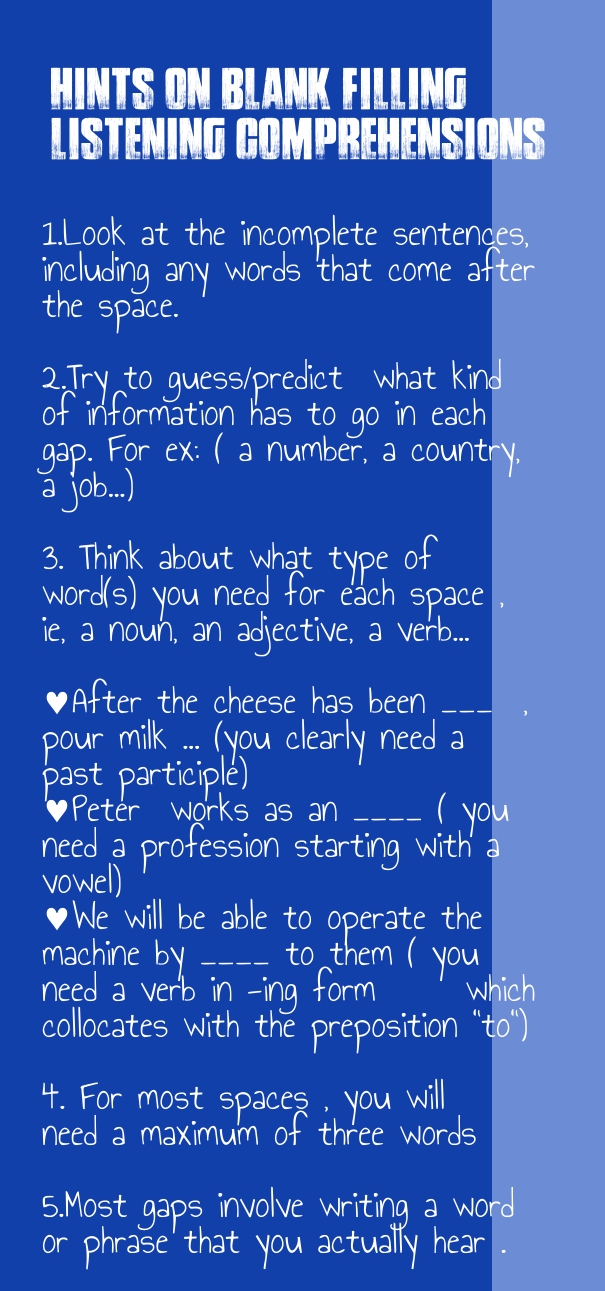I won’t spend much time introducing this post, mainly because today is one of these days when the muse has decided to leave me.
Perhaps you’re wondering what else you can do to pass your listening test with flying colours apart from doing every single listening comprehension exercise in your student’s book and all the ones in the workbook. I’m not trying to reinvent the wheel, but here are a few things you might want to try.

1.Read a few tips and put them into practice. Students often complain that despite grasping the main information content of the recorded material, they sometimes seem to be unable to provide the right answer and this leads to frustration.
Getting a high mark in a listening comprehension exercise requires practice, lots, and also knowing a few tips. The most common types of listening exercises are Blank Filling and Multiple Choice and there are a few handy hints on how best to deal with them that you might want to read. The tips below aim at teaching students to listen effectively to enable them to select the information they require from what they hear.
2.The obvious. Find a good listening site with plenty of listening exercises to choose from.
One of the sites I have been recommending my students lately to practise Listening is Ingles en Aviles, a fantastic blog aimed at B2 (upper-intermediate) and C1 (advanced students) where you’ll find lots of listening comprehension exercises to choose from.
Can I also suggest my own Listening section?
3. Listening to Vaughan radio
Vaughan Radio is a live radio station broadcasting from Madrid, Spain that provides listeners the chance to improve English language skills. So while you’re at home, maybe cleaning or ironing and bored to death, you might want to give it a try. From time to time you’ll hear some Spanish words to help Spanish listeners, but most of the time the show is in English and really worth listening to.
Here’s the link to listen on the computer. Alternatively, you can download the app on your smart phone. Type Radio Vaughan in the search box to download the app. My favourite programme? “The show with no name”.
4. Watching series.
Here, I would recommend ororo.tv. What can ororo.tv do to help you improve your English? What will you find on this website? An amazing number of TV shows and films in their original versions and with subtitles in English. Right now, I am hooked on the Big Bang Theory, an American sitcom about four young scientists, but surely you’ll find attractive alternatives here to suit every taste and mood.

5. A new web tool: Youglish.
A very interesting tool to help you with your pronunciation and your listening is Youglish. In the search box, type the word or expression you want to hear in context. Youglish provides you with videos, from You Tube, where the word/expression is spoken by real people and in context.
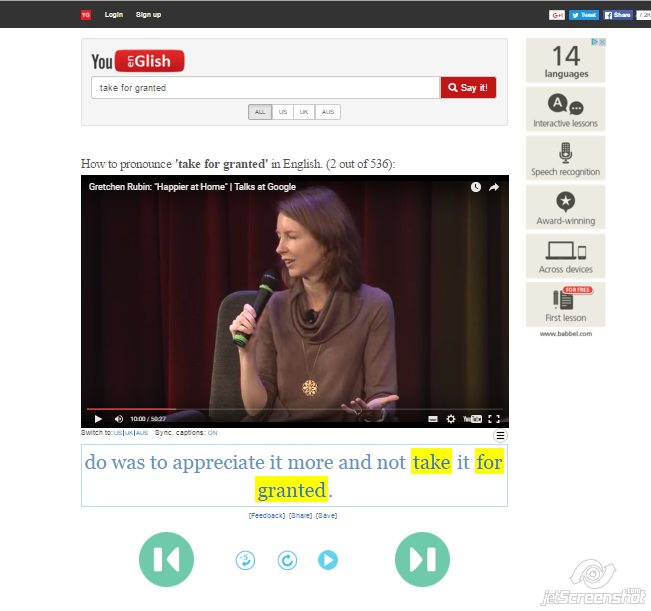
In case you’re wondering, this is not a sponsored post. It’s just a few recommendations from a humble teacher trying to help students by sharing some useful links.
Thanks for reading!

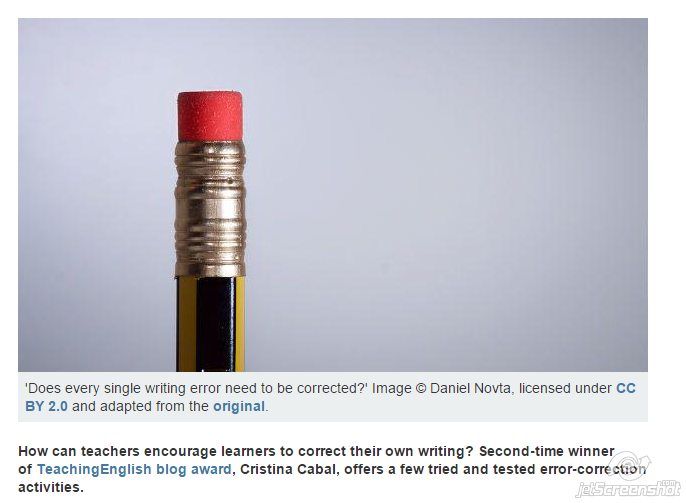
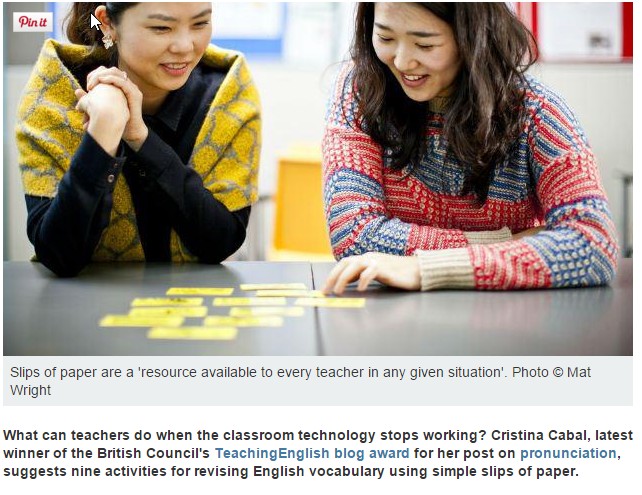
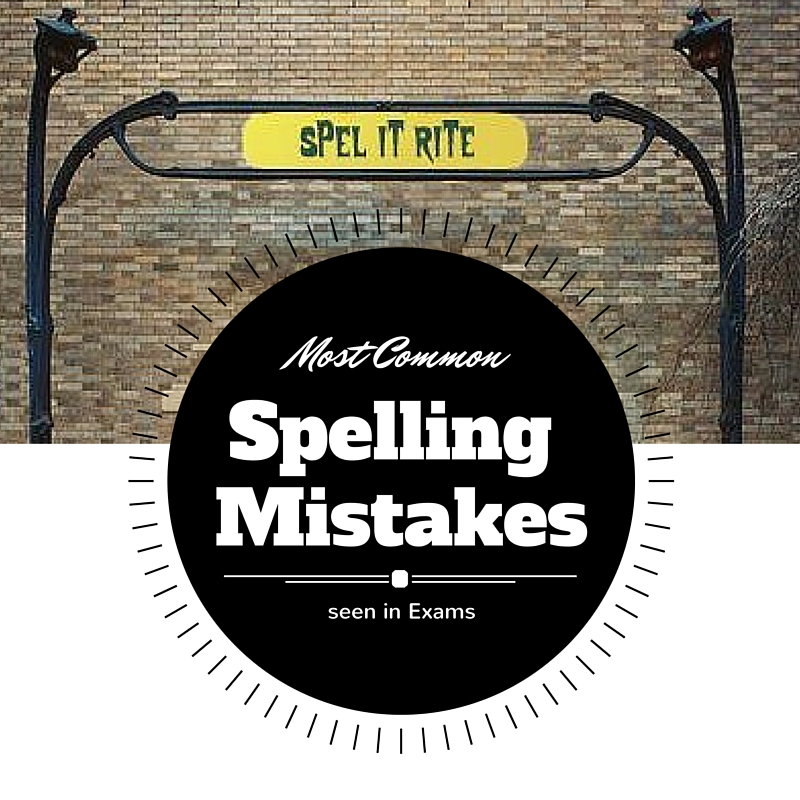
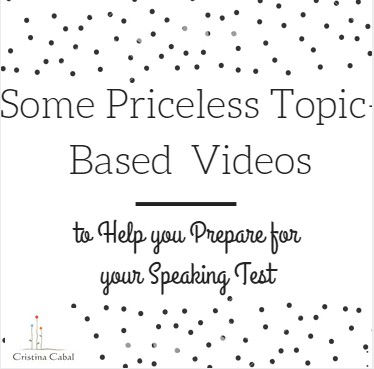 my new students. Are you going to be one of them? I hope so!
my new students. Are you going to be one of them? I hope so!